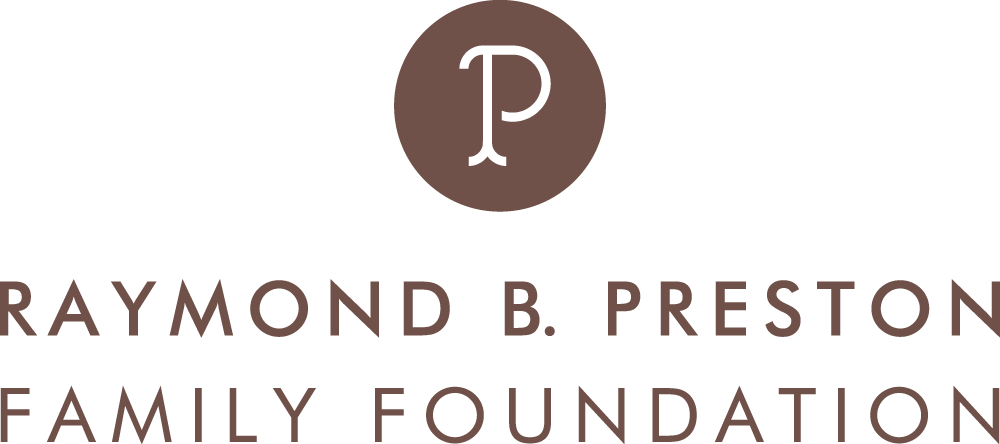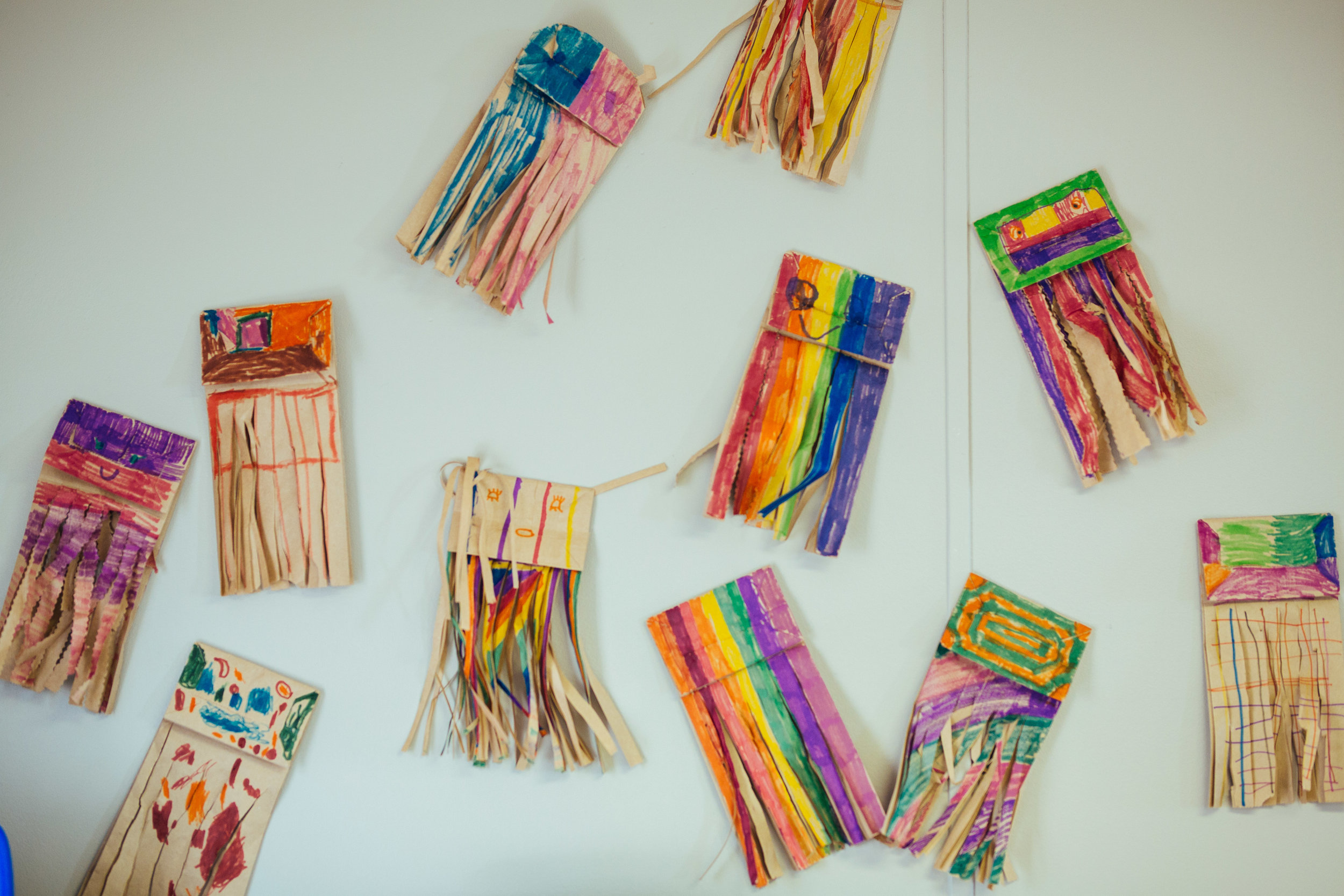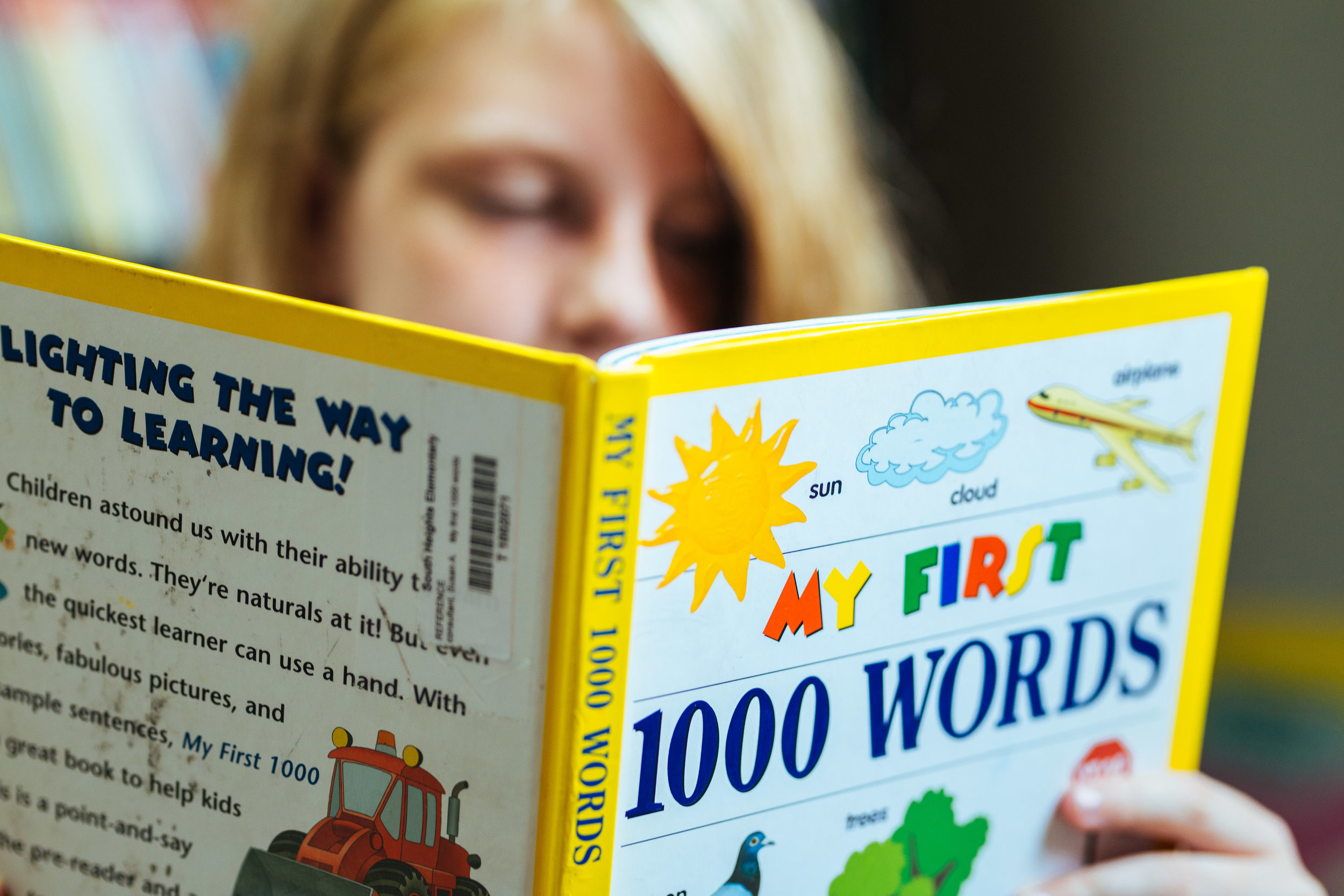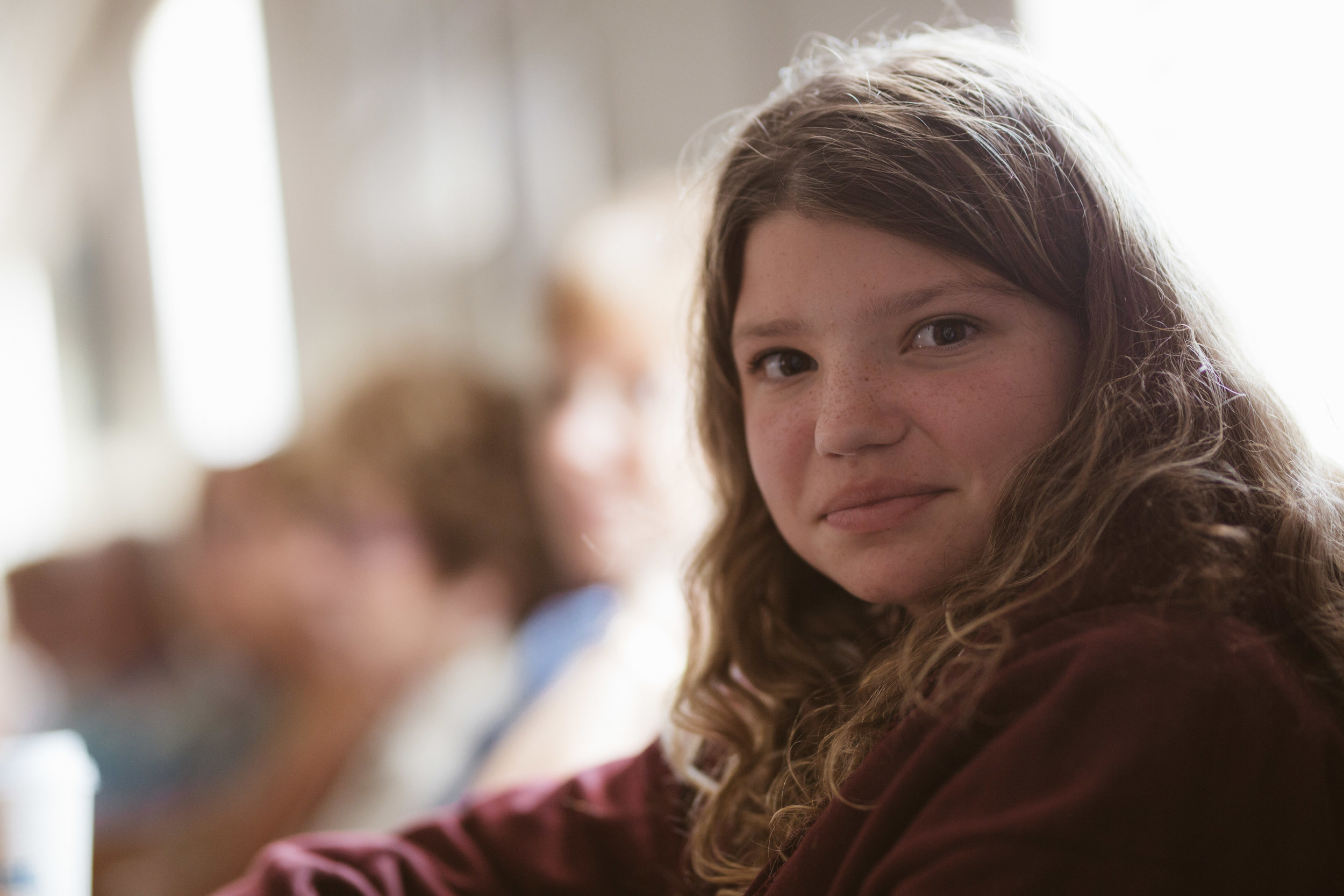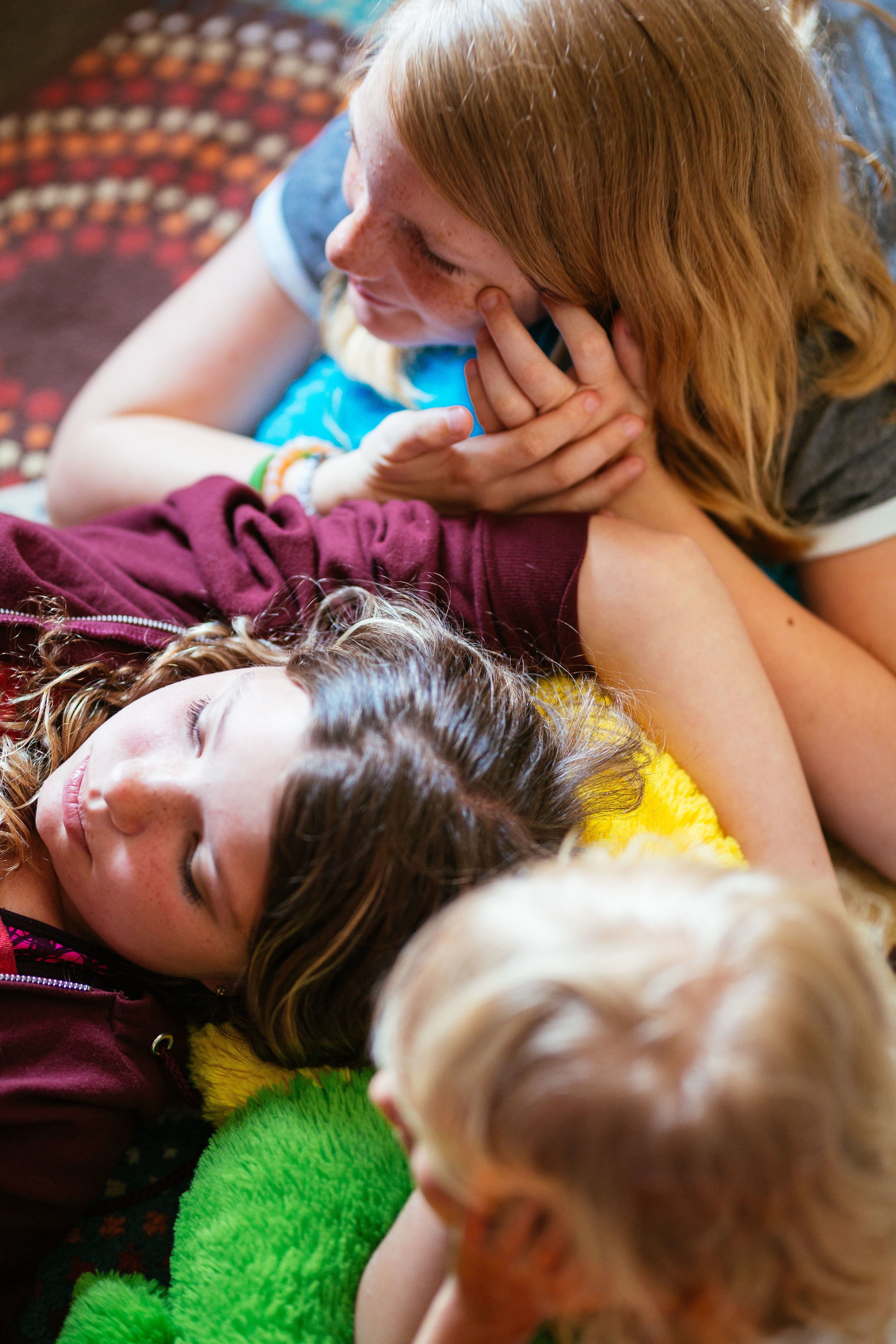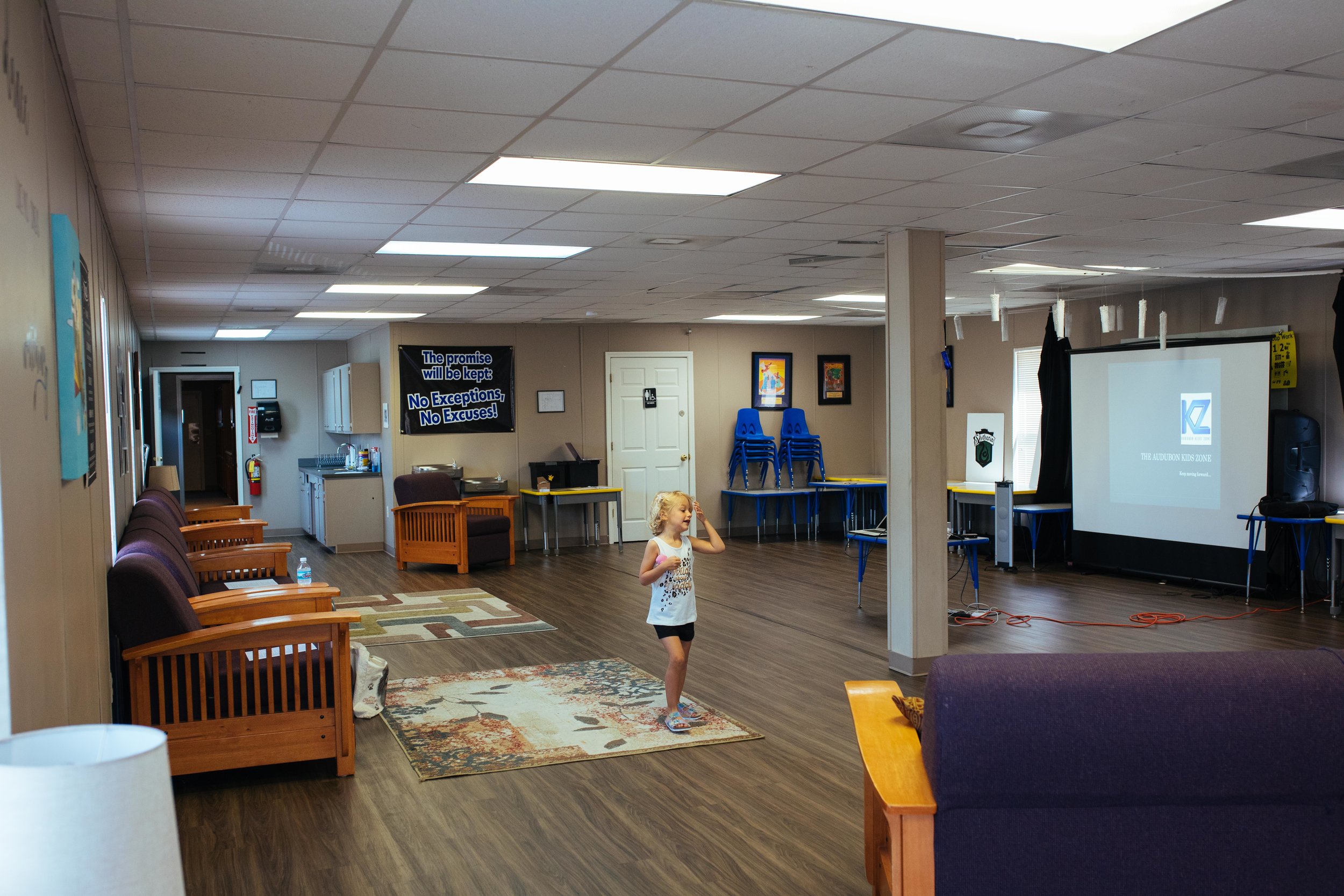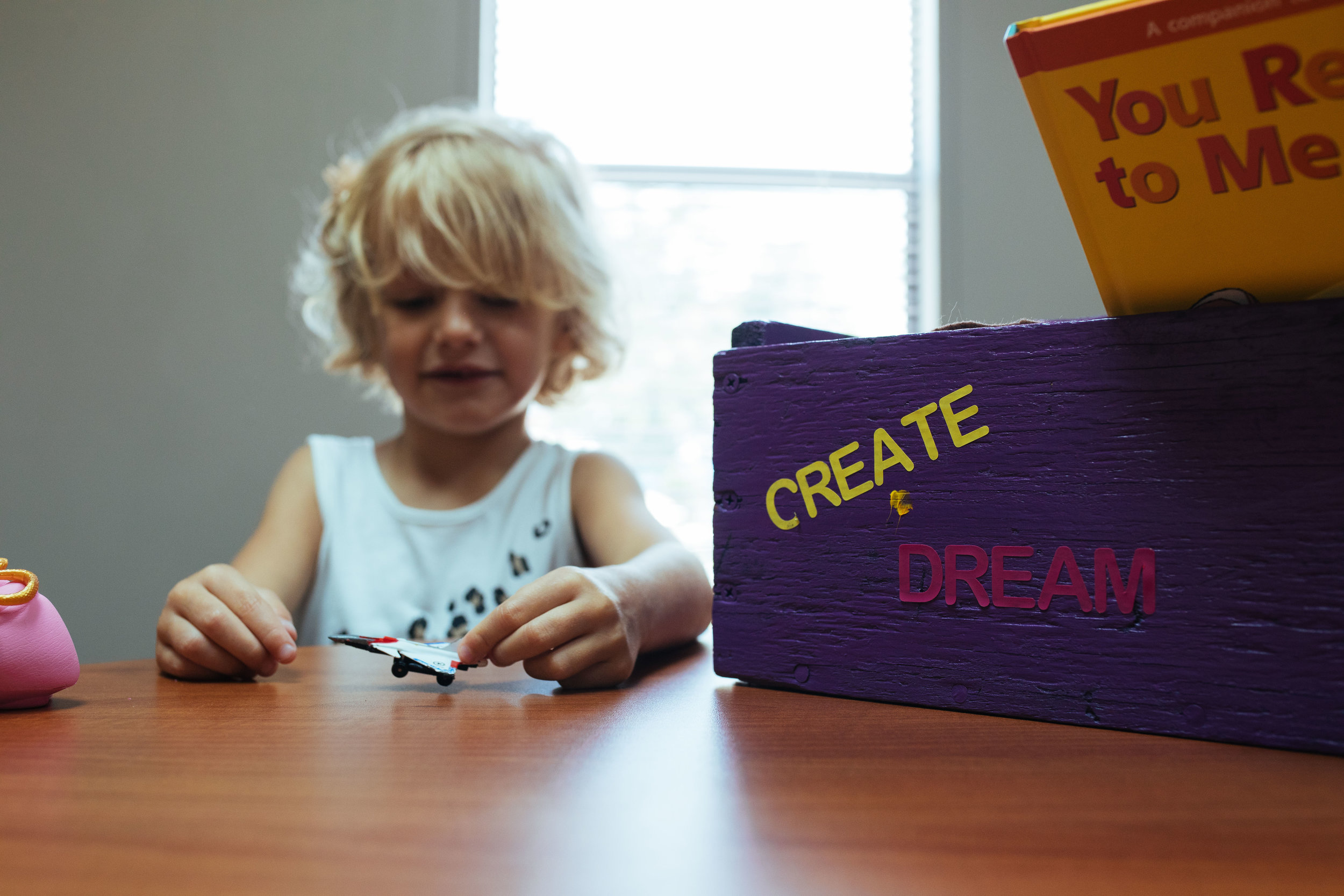Audubon Kids Zone
The Raymond B. Preston Family Foundation played a large part in the creation of the Audubon Kids Zone.
From the Audubon Kids Zone Website:
The vision of Audubon Kids Zone is to help kids succeed, no exceptions, no excuses.
The values include:
Kid-centric Growth-AKZ is about the success of one child multiplied by house, by block and by neighborhood. Programs are shaped in response to identified needs that must be addressed to help specific kids succeed in a geographic area.
Zero through college-AKZ is about the entire journey of a kid knowing that the early years are vital and provide the foundation for success while making sure that support is accessible at every age through college and no one gets left behind.
Metrics matter-AKZ is committed to measuring performance and achievement with the idea that intervention must happen at critical points in a student’s journey and support must be targeted for success.
Neighborhoods support-AKZ is engaged in shaping the living conditions, health conditions and the safety of environments that contribute to the culture of success in a kid’s home and on the streets where they live.
Equipping for life-AKZ is about helping to shape the next generation in a geographic area so they can contribute to the future of the city with character and skills that push them to achieve their dreams and be their best.
Theory for change
AKZ seeks to break the cycle of poverty by focusing on the next generation with educational and social support structures that provide opportunities for kids that are disadvantaged. The major components that are foundational to the AKZ model are:
Selection of a geographic neighborhood segment where enough kids can be deeply impacted at levels that will cause significant change in the culture of a community.
Provide comprehensive support from birth to college by building collaborations and/or creating programs and services that provide an uninterrupted stream of support
Connect the surrounding community of residents and institutions to provide strong environments for support of every kid’s success.
Measure outcomes to be sure progress is real and tangible and that results are the driving force for individual support and program development.
Close the gap between support structures to be sure that every kid receives maximum opportunities to build on their capacity to learn and succeed.
